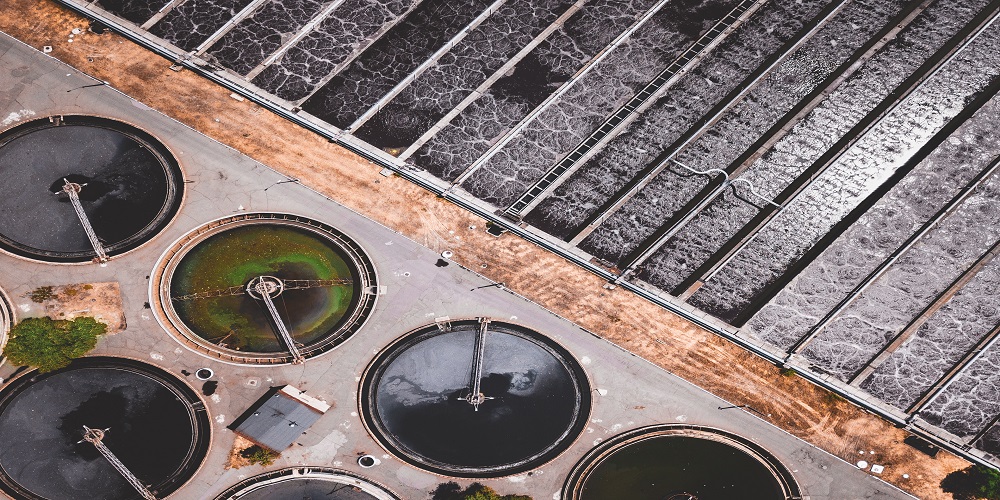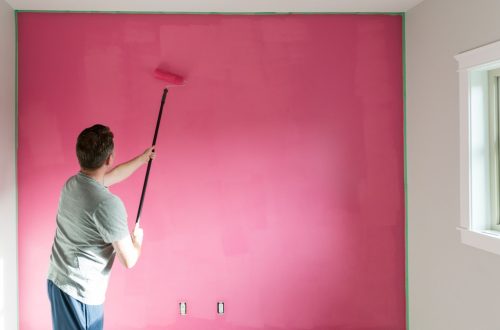What is Septic Inspection?
A septic inspection is a crucial process of assessing the condition and performance of a home’s septic tank and its associated systems.
This type of inspection must be carried out on a regular basis in order to ensure that the system is functioning correctly and not causing any harm to the environment, as well as for safety reasons.
Most homeowners are aware that their septic tank needs to be inspected every three years or so, but many are not sure what exactly goes into such an inspection and why it’s necessary in the first place.
Let’s dive into this topic further!

The Importance of Having Your Septic System Inspected Regularly
Septic inspections are important because they help prevent potential problems from arising with your septic system. Without regular inspections, small issues can quickly escalate into costly repairs.
An inspector will look at factors such as soil type, depth of scum layers, and even drainage areas, all things that can directly affect how efficiently your septic tank operates. Not only will having regular inspections save money by avoiding large repair bills down the line.
But it also helps ensure your family’s safety by making sure that waste isn’t leaking into untested groundwater sources, which could contaminate drinking water supplies!
What Does A Septic Inspection Entail?
Septic inspections involve several steps, which may vary depending on the scope and complexity of an individual system. Generally speaking, though, these steps include:
- A visual assessment of all components, including pipes, tanks, leach fields
- Taking measurements for capacity
- Testing for leaks or blockages in lines & drains;
- Checking levels & performance capabilities of pumps;
- Testing ground soils for any contamination risks related to wastewater runoff
Additionally, some inspectors may also check for corrosion levels in metal components such as cisterns (where applicable) or perform ‘dig-downs’ – where specific sections are physically exposed in order to better assess conditions where otherwise hidden from view.
Ultimately, however, these processes need to be customized according to each individual property & site, so make sure you consult with a professional before getting started!
Benefits Of Regular Septic Inspections
Regular inspections have numerous benefits, including:
- Improve overall efficiency & reduce costs associated with common repair jobs due to inadequate maintenance throughout time.
- Identify potential health hazards related to wastewater release & contamination.
- Help detect leaks early on before major damage occurs.
- Lower insurance premiums when coverage is up-to-date & properly maintained etc.
It’s also worth noting that many lenders won’t approve mortgages on properties with outdated or otherwise poorly managed septic systems – so make sure you get yours checked as soon as possible if you’re looking to buy or sell real estate!
Verdict!
Septic inspections play an essential role in keeping your home safe and efficient while helping preserve our planet’s resources too.
This vital process should always be taken seriously and performed by an experienced professional who understands local laws regarding wastewater containment/ management requirements (if applicable).
Don’t wait until disaster strikes – start taking proactive measures today by having your septic system regularly inspected every 3 years minimum!
By doing so, you’ll save yourself both time & money over time while simultaneously helping protect our environment from unnecessary pollution caused by improperly managed sewage systems – now that’s something worth thinking about.
So, if you are looking for portable toilets or septic tank installation services, be sure to give us a check. We’d love to help you out!
